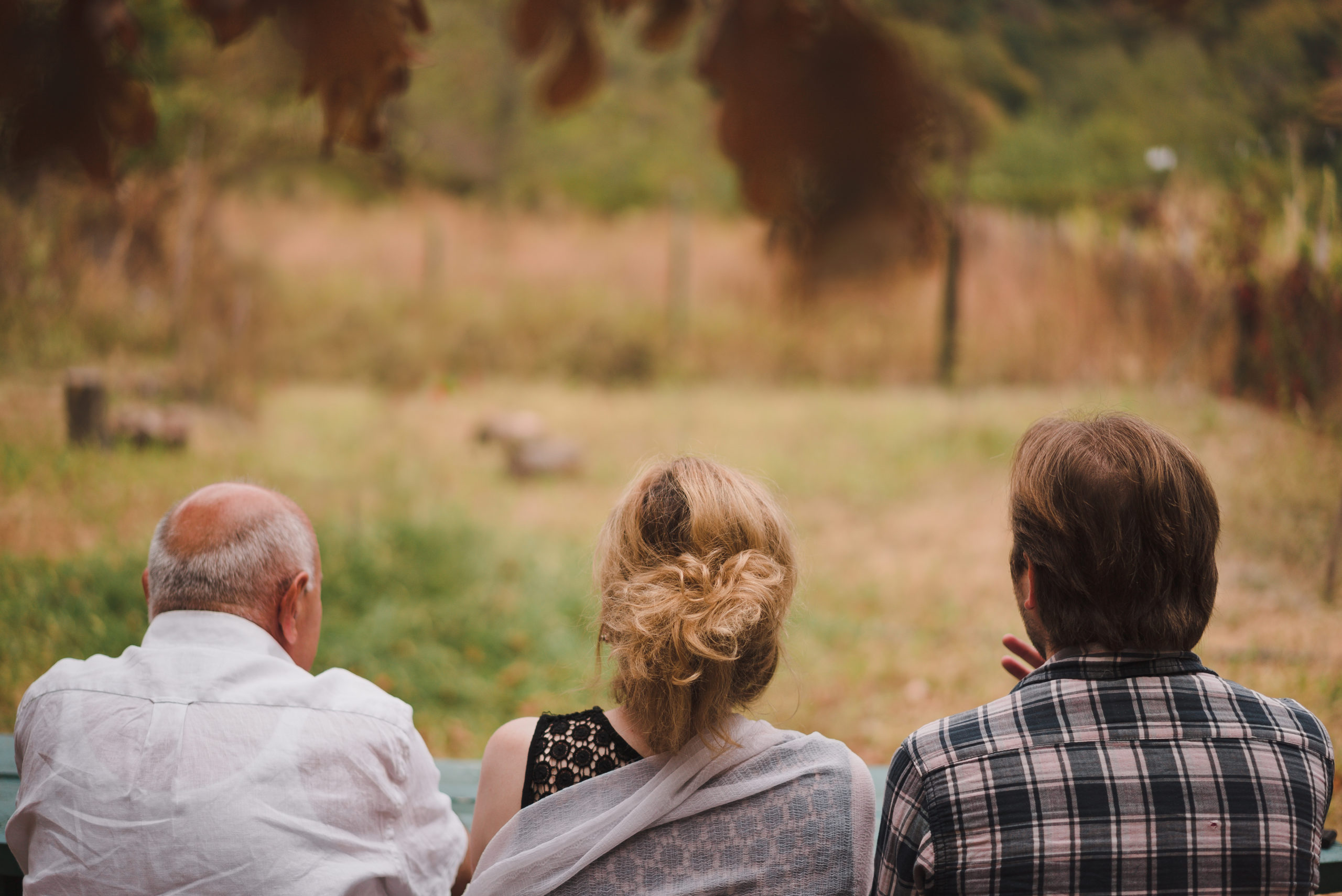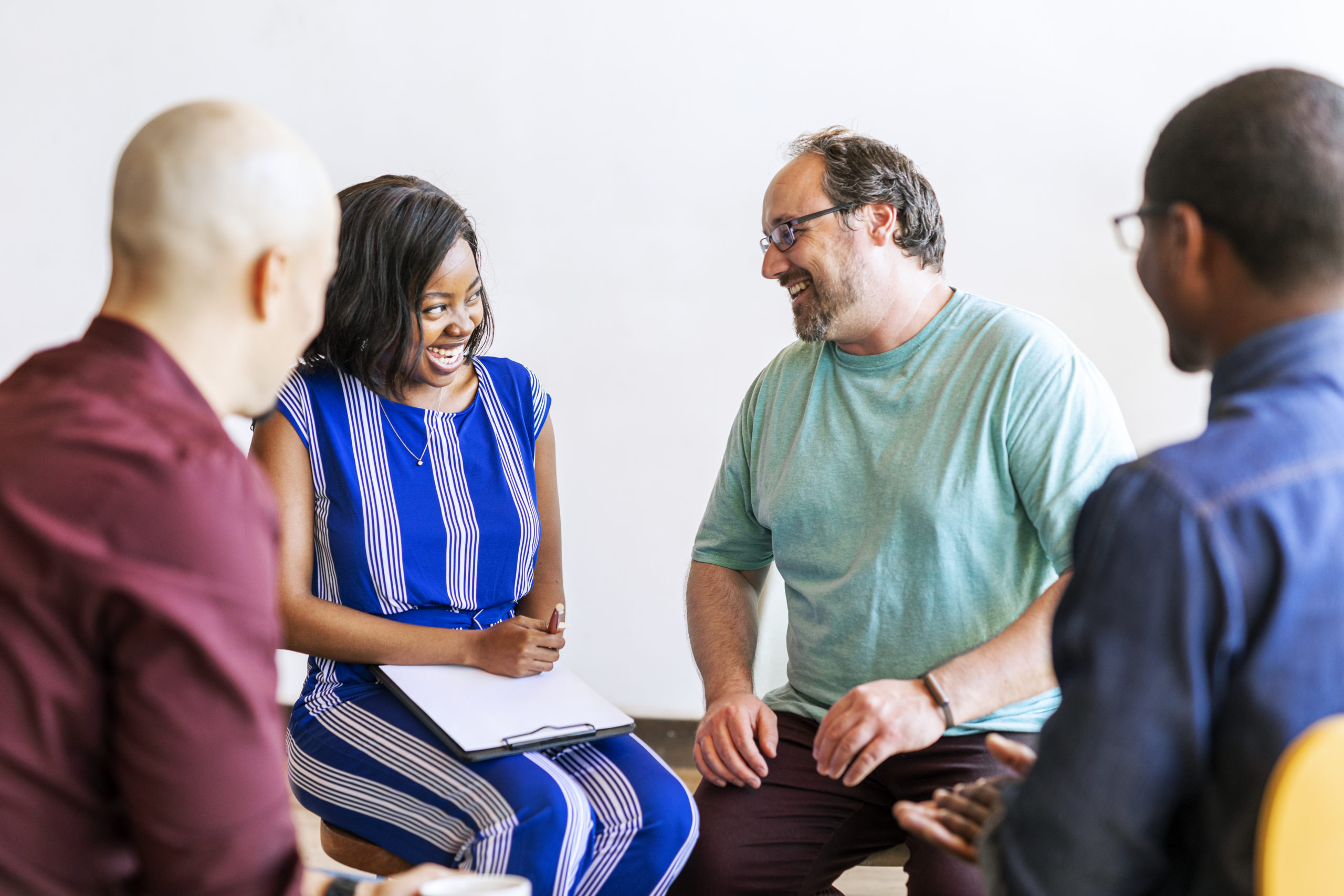

By: AndreaBergman
When you begin with addiction treatment programs, you often hear about learning life skills. These skills are introduced through addiction therapies and treatment programs and are meant to benefit you once you leave treatment. But what are life skills for recovery, and how do you implement them once you return home?
What Are Life Skills?
Life skills are elements of life you learn and implement to stay healthy and focused on your recovery. While they may seem simple on their own, incorporating each skill into your everyday life can make a significant difference in your recovery.
According to the World Health Organization, the ten core life skills are the following:
- Empathy- Being an empathetic person means understanding and caring about the feelings and needs of others. This helps us to connect with others on a deeper level while also creating meaningful relationships.
- Self-awareness- This is the ability to recognize and understand our strengths, weaknesses, characteristics, and other aspects of our self. Having this awareness can help strengthen other relationships and skills.
- Coping with emotions- We will experience a range of emotions throughout our lifetime. Knowing how to cope with your emotions will help you act rationally in certain situations.
- Coping with stress- Being able to effectively cope and manage your stress levels is crucial to your self-care. This allows you to react to stress in a healthy way, instead of making destructive decisions to cope.
- Effective communication- Being able to communicate effectively goes beyond speaking to others. Communication skills allow you to convey your feelings and thoughts respectively and effectively while also being able to listen to others when they speak.
- Creative thinking- This thinking allows us to create new ideas, build on old ideas, and see things in a different light. Creative thinking goes beyond simply creating a type of art; it allows us to change our perspective.
- Critical thinking- This type of thinking helps us to process information objectively. Critical thinking can help us to look at our own behavior and emotions and identify why they are present.
- Problem-solving- This skill is the ability to constructively handle problems within our lives instead of leaving issues unresolved.
- Decision making- The ability to make educated and safe decisions is crucial to our physical and mental health.
- Interpersonal relationships- This skill allows us to not only build relationships with others, but to connect and relate to them in a positive manner as well.
Dimensions of a Life in Recovery
Understanding the four dimensions outlined by the Substance Abuse and Mental Health Services Administration will also help you to answer the question of “what are life skills?”
These four dimensions are:
- Health
- Home
- Purpose
- Community
You can then relate the ten life skills to each of the four dimensions in order to live a healthier, fuller life in recovery. Each skill can be used in each dimension, which leads to a sense of fulfillment and helps individuals stay accountable for their actions.
Addiction Treatment at Lakeview Health
At Lakeview Health, we understand the importance of teaching life skills to our clients during treatment. We understand that these skills will help them to succeed once they complete treatment and head back home to their daily lives. This is why life skills and other essential tools are explained and taught during our addiction therapy services.
These therapies can include the following:
- Cognitive-behavioral therapy
- Dialectical behavior therapy
- Individual counseling
- Group therapy
- Family therapy
What are life skills, and how can they help you in recovery? Find out today when you contact Lakeview Health by calling [Direct].
Lakeview Health strives to keep our clients and staff safe during the current COVID-19 pandemic. Learn about new guidelines and updates today.
We currently accept Aetna, Cigna, and United Healthcare. We do not currently accept Medicare, Medicaid, or Florida Blue.





